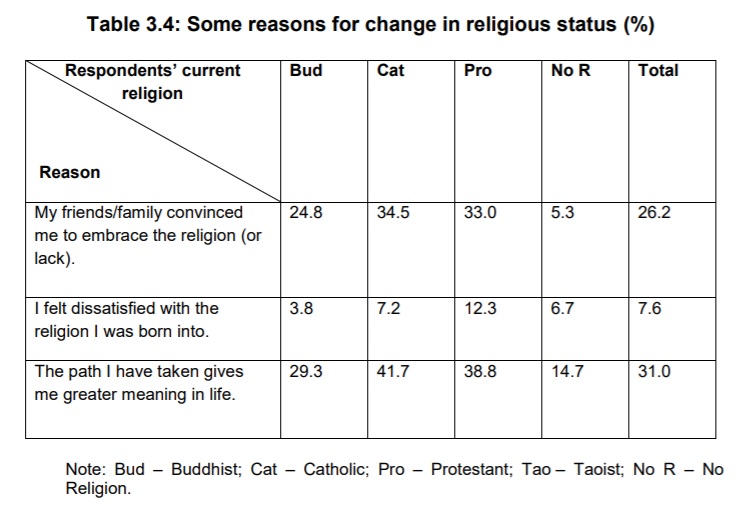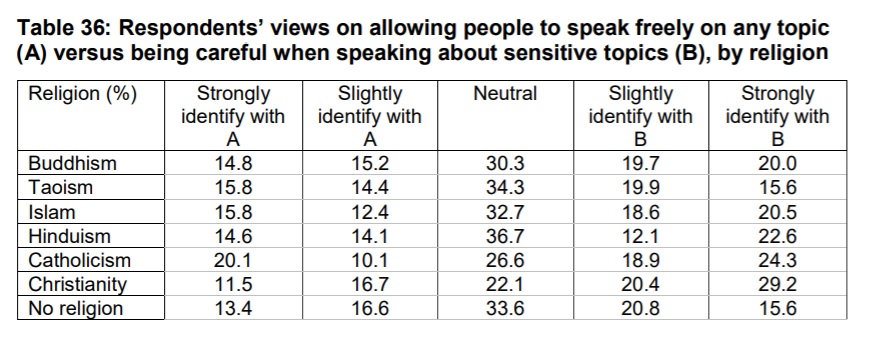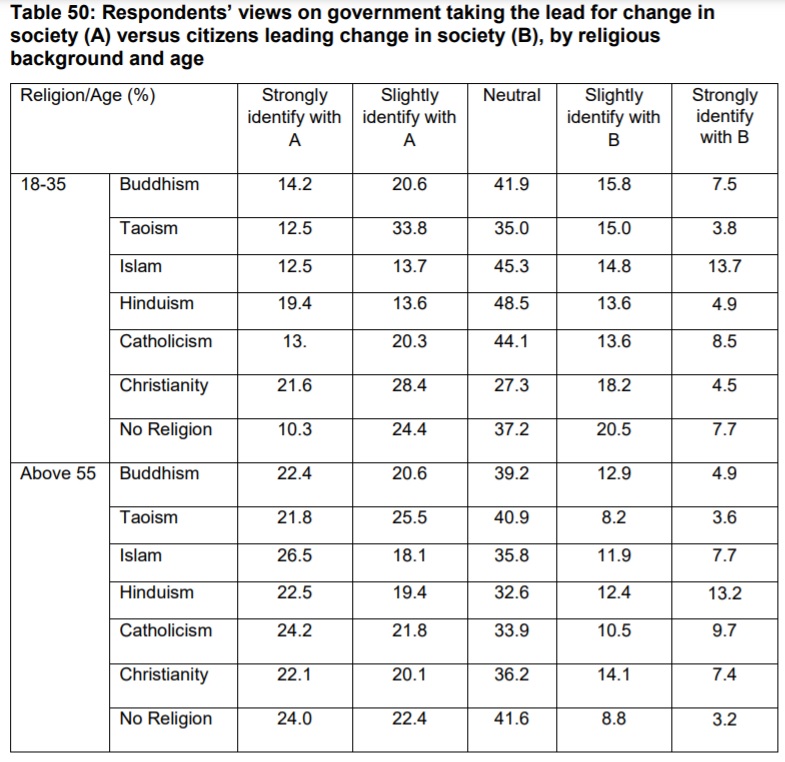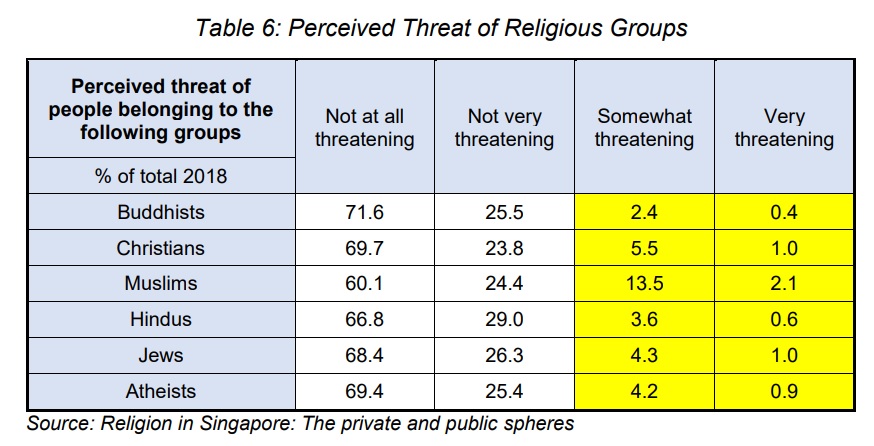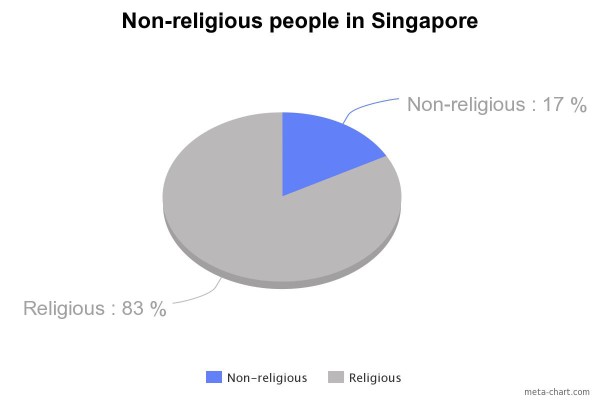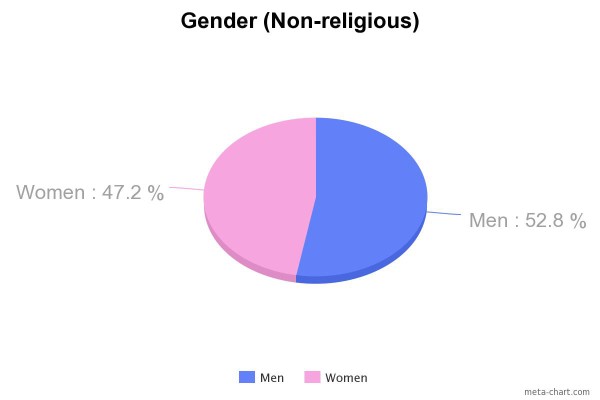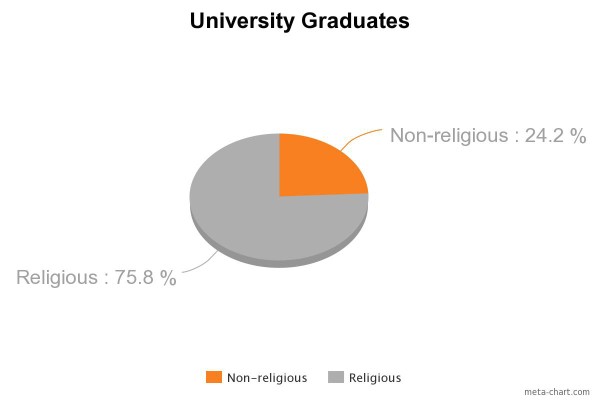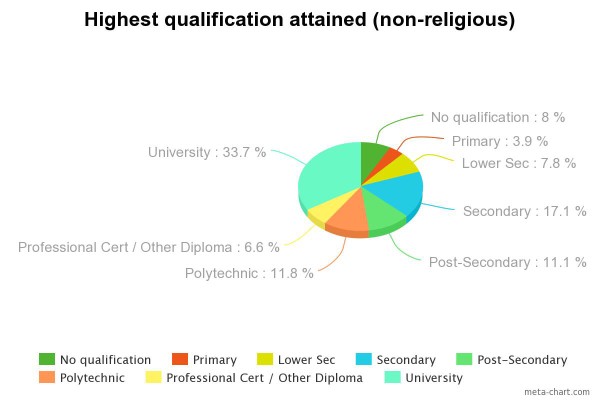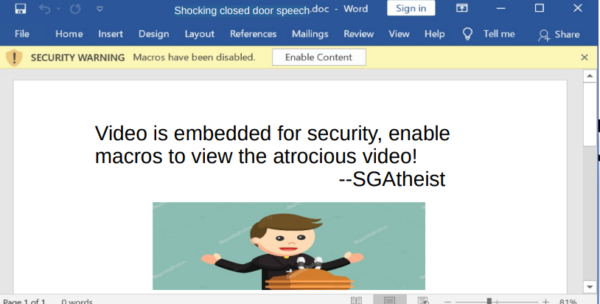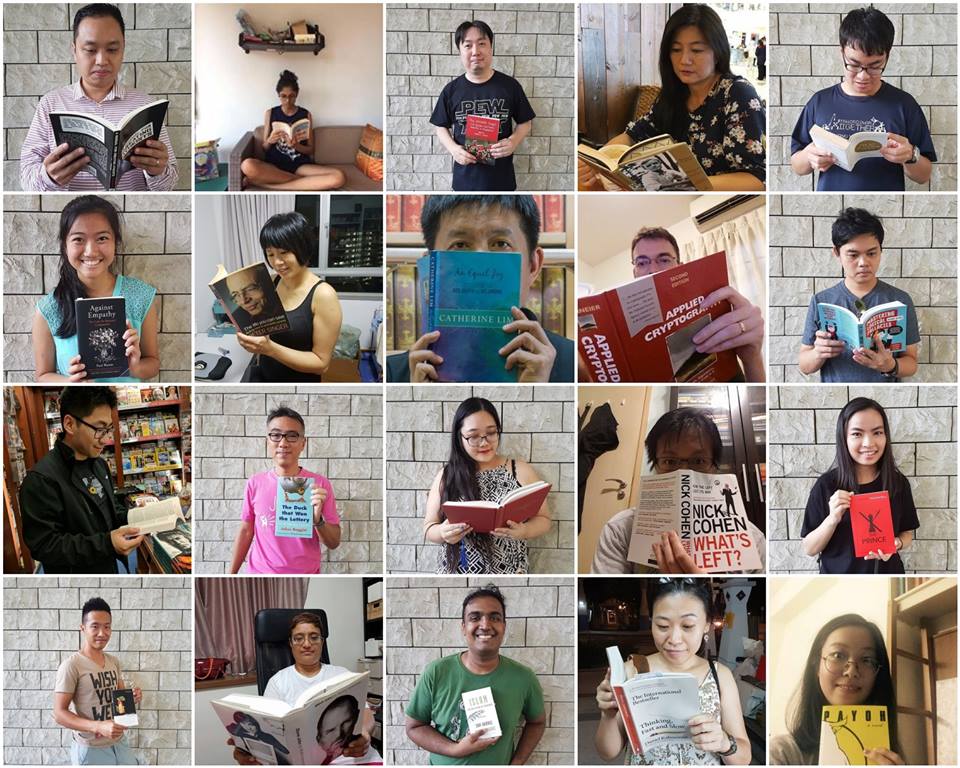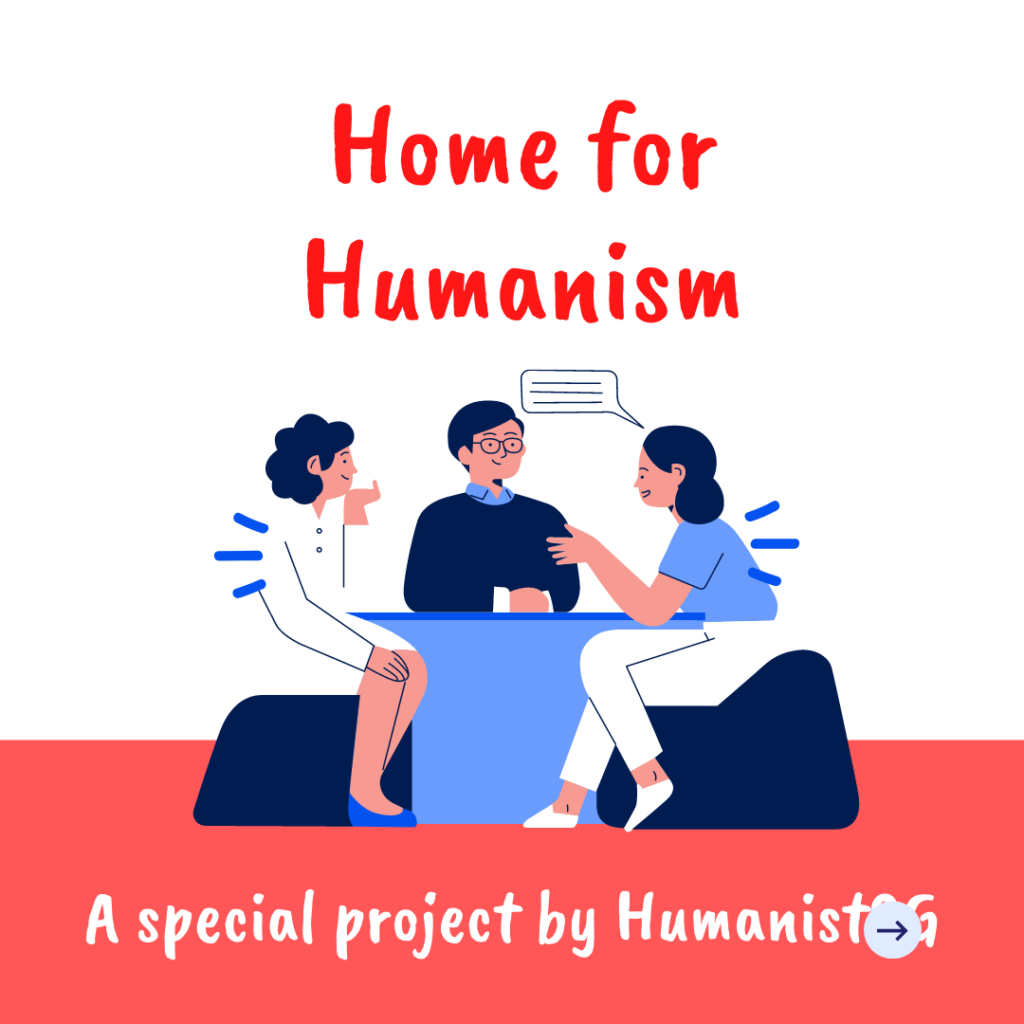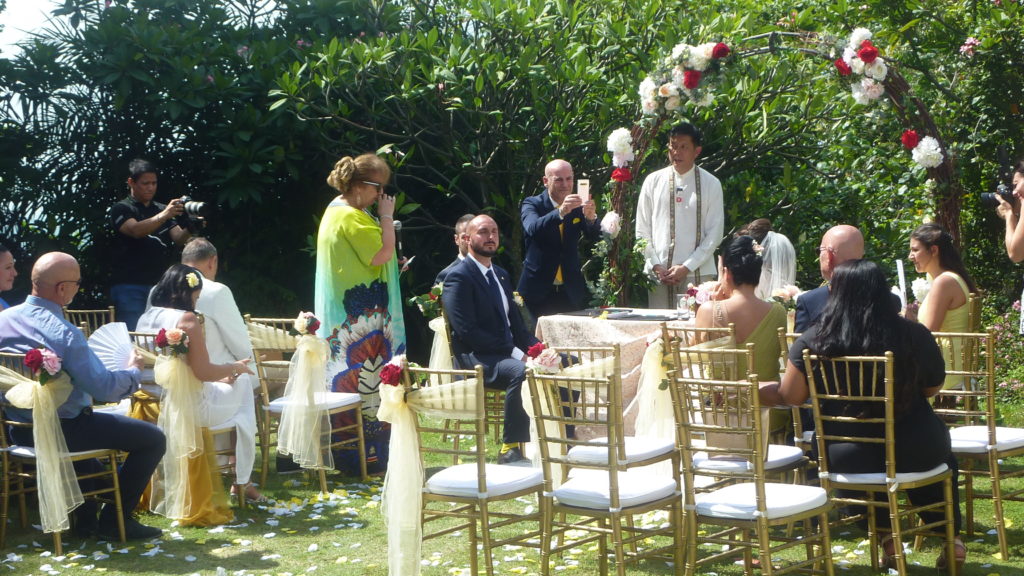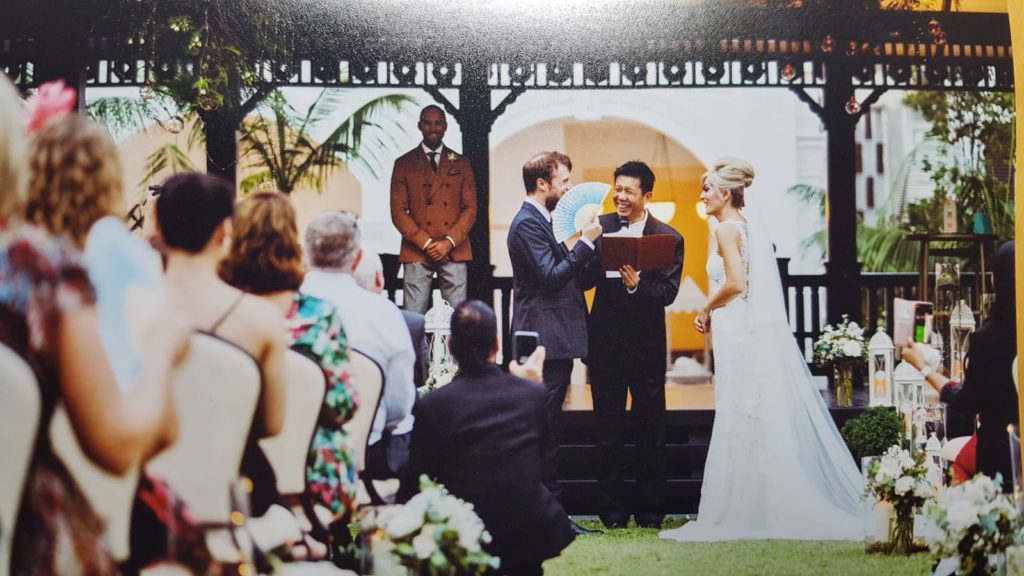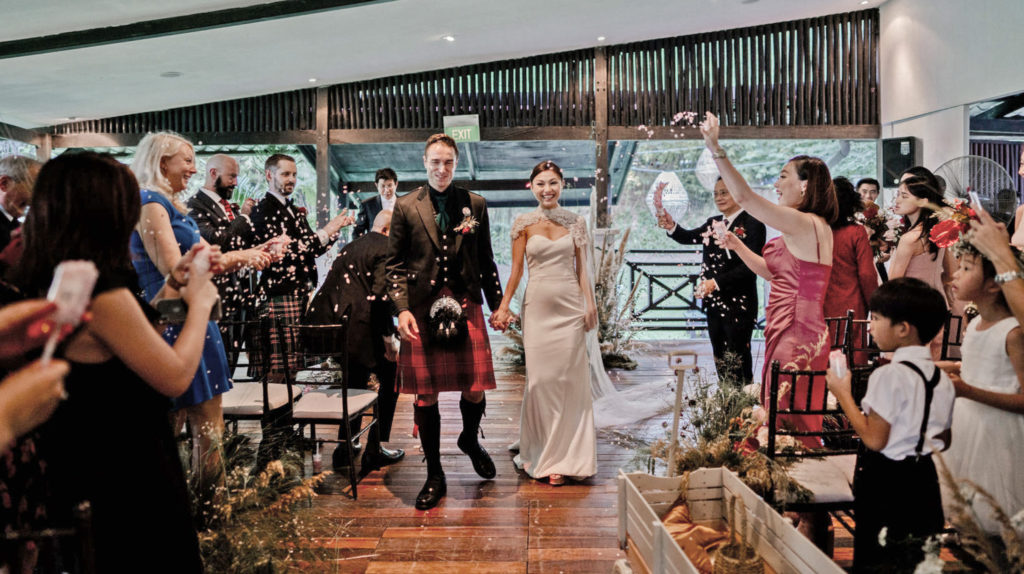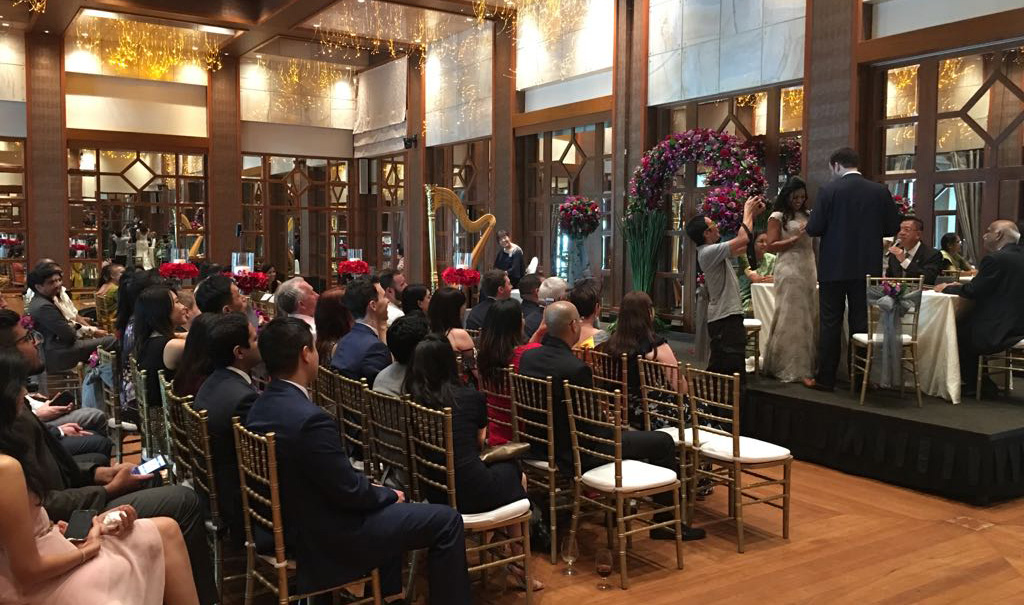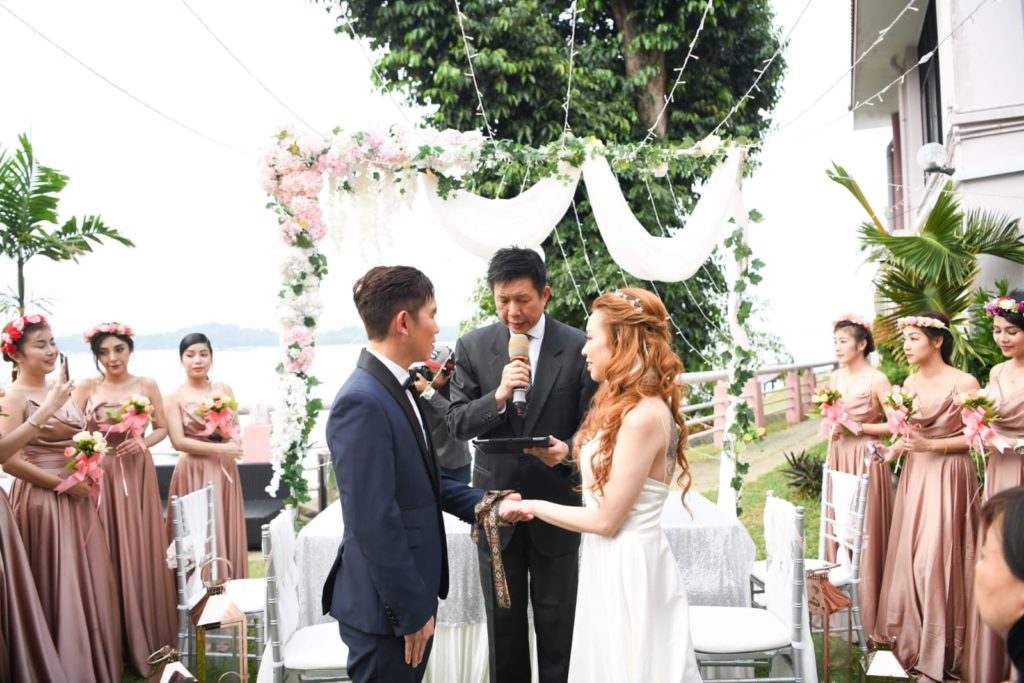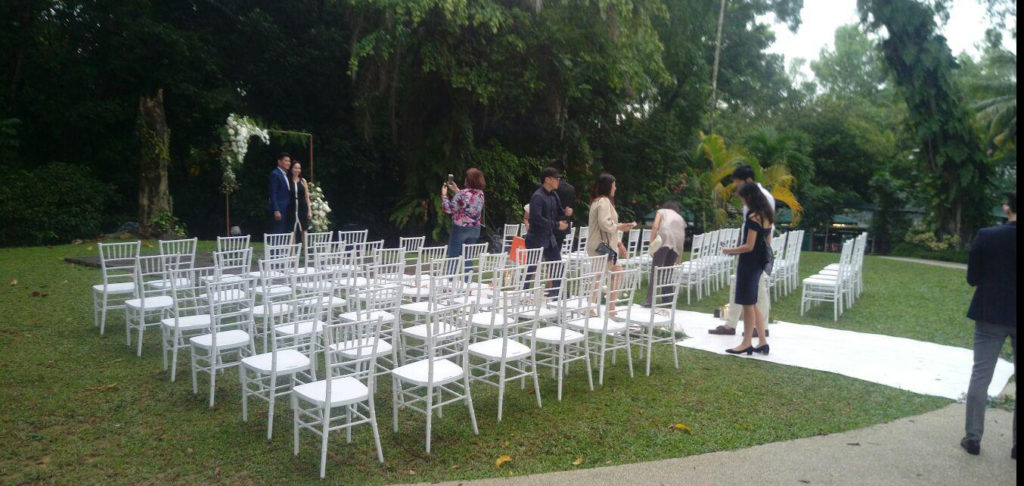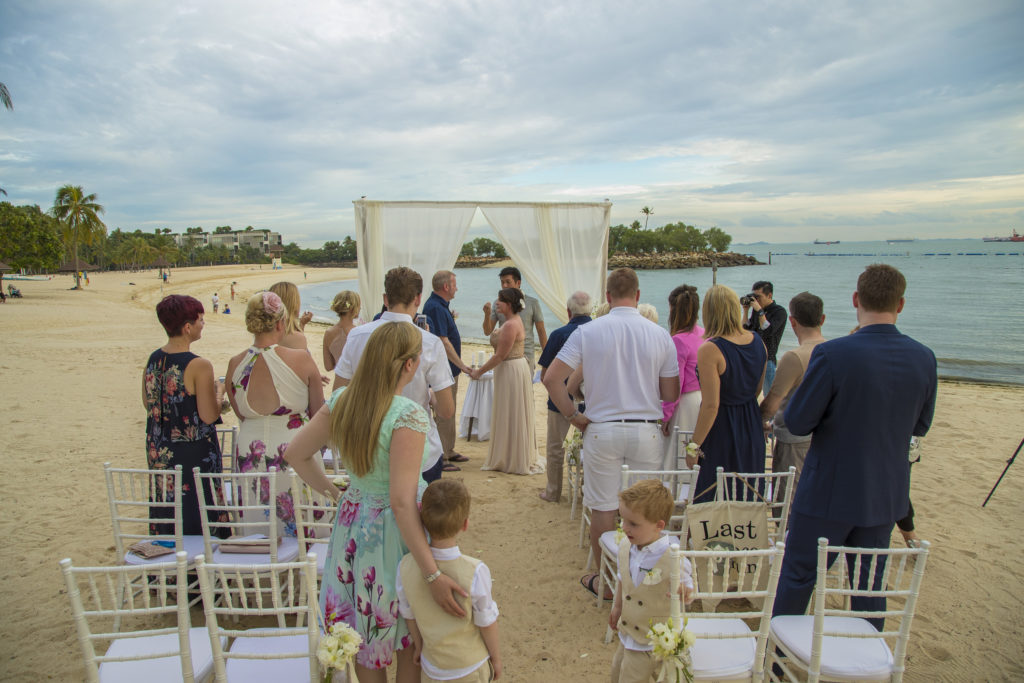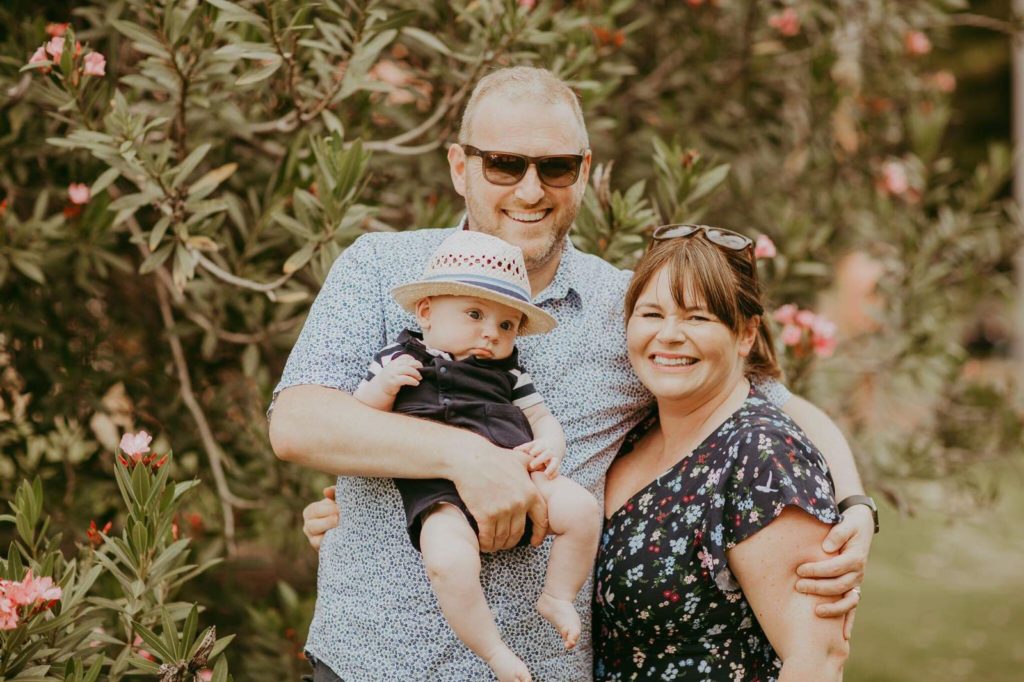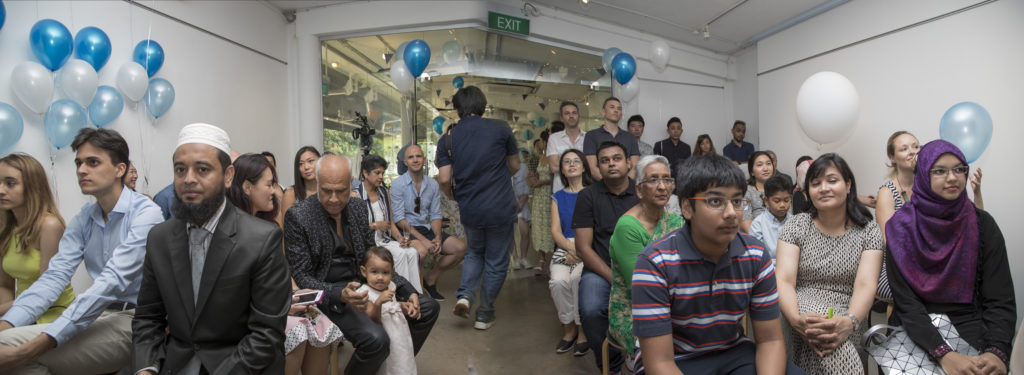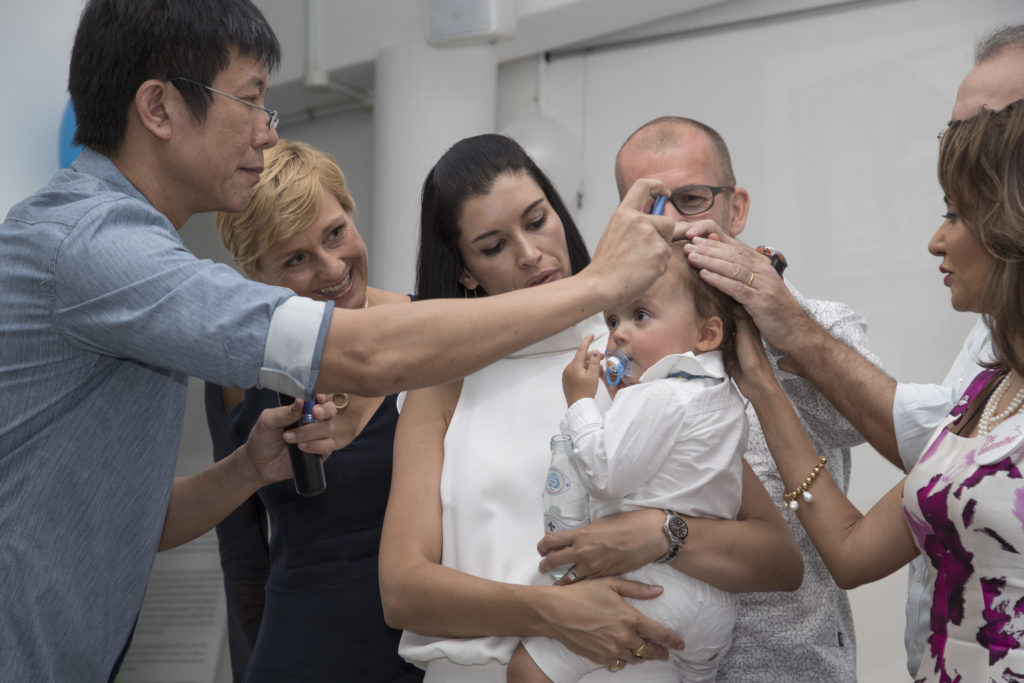(Click here to return to Research Portal)
Sources
- Research Papers (Google Drive) (5 papers on the non-religious)
- Humanist Society (Stories)
- Humanist Society (Newsroom)
- HSS best FB posts (II)
- HSS best FB posts (I)
Highlights
Please contact us (info@humanist.org.sg) if you are looking to read any of these papers for research purposes.
[Peer reviewed paper 2022] – The issues of social inclusion of ex-Muslims
- This paper by Ichioka Takashi analyses the difficulties which are experienced by ex-Muslims in Singapore with regards to their social relationship. The authors’ interviews with ex-Muslims in Singapore revealed that they experience serious difficulties in terms of their relationship with their family as well as the members of the Muslim community.
- Some ex-Muslims cannot avoid stigmatisation and exclusion by some members of the community because of their appearance of Malays, most of whom are Muslims. The paper concludes that the difficulties experienced by ex-Muslims stem from not only religious belief of Muslims but also Singapore society’s belief that all the Malays should be Muslims.
[RSIS paper 2022] The Construction of Nonreligious Identities among Chinese Millennials
- This paper by Oliver Zikai Lim investigates the lived experiences of Singaporean Chinese millennials who adopt a nonreligious identity following the recent increase in the percentage of people who identify as having no religious affiliation in the country.
[Student paper 2021] Religious Disaffiliation in Singapore: Evaluating the Influence of Intrinsic and Extrinsic Factors For Youths Leaving Christianity
- Reasons for leaving Christianity: Questioning of faith, lack of spiritual experience, lack of sense of community, emotional conflicts, unsatisfactory responses from leaders
[Student paper 2021] Diversity and Community of the Non-Religious in Singapore
- The non-religious are diverse in their makeup, with a spectrum of values, openness to expressing their non-religiousness and opinions on issues. The non-religious disagree on the 1) extent to which they practice traditions, what is worth preserving 2) expectations of the non-religious community to be more outspoken or to be more conciliary.
[Student paper 2017] Rites of Passage of Ex-Muslims in Singapore
- The deconversion process undergoes 3 stages, rites of separation (still operating within religious framework), rites of transition (where avenues of leaving the faith is opened up) and finally incorporation (forming new identity).
[Student paper 2012] The rise of humanist interest groups
- The humanist groups represent a growing non-religious population that strongly affirms and defends their position of non-belief. Their desire to seek legitimacy and for teh active ones, representation, is part of a larger attempt to renegotiate the strict boundaries of the religious and secular, public and private discourses in the public sphere.
The most popular FB posts in the HSS Facebook page tend to be about:
- Personal stories with good narratives on overcoming adversity and leaving religion
- Psychology of persuasion, happiness and bias.
- Evolved morality, on how we can be good without religion. This can include studies on brain activity and predispositions towards superstition and morality
- Useful tips to cope with stress, toxic social media, thoughts of death
- Matters of life and death – Eg. disease outbreaks and terrorism.
- Defending secularism in the country
- Defending the morality of the non-religious.
- New statistics about the non-religious in Singapore and their characteristics
- Funny topics, eg. jokes and parody, pastafarianism
- Birthdays and famous quotes of famous thinkers
Source: https://humanist.org.sg/humanistsg-most-viewed-facebook-posts/




